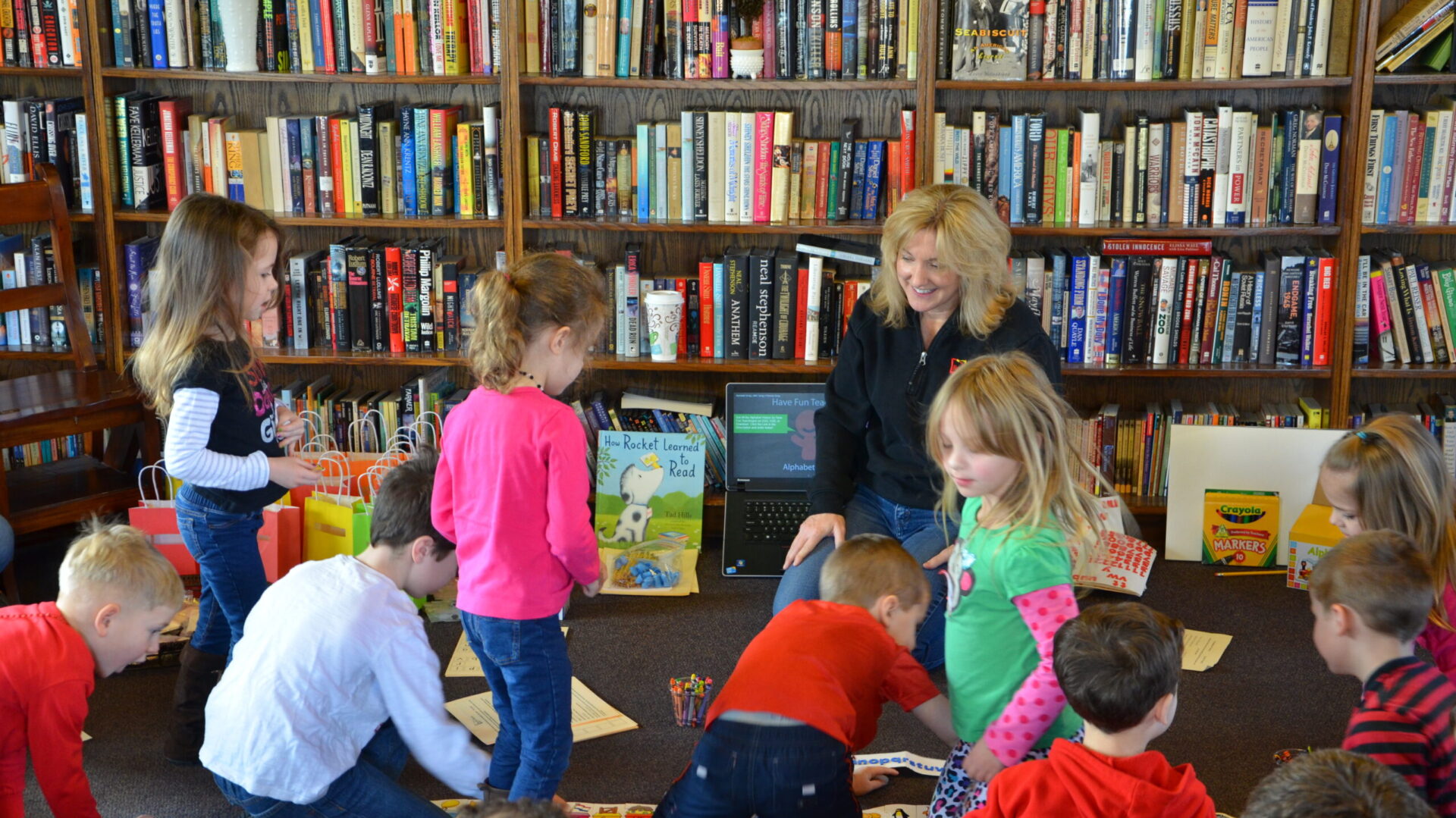
38% of our 80 survey participants believe that the parents of high achieving readers read to their children often.
34.2% believe that parents of high achieving readers impart a love for reading and value reading together.
Those, admittedly, are very similar, and parents of high achieving readers DO both of those things, however, parents of median achieving students do, as well, so neither of those appears to be what separates high achieving students from average achieving students.
So what makes a high achieving reader high achieving?
In my doctoral study, which examined parents\' interactions with their children (high/average/low achieving students), the average achieving students\' parents earned more coded responses, in nearly half of the eleven areas, than parents of high achieving students.
Yes, you read that correctly.
(I was surprised, too. I had expected high achieving kids\' parents to dominate, across the board.)
When I organized Spiegel\'s (1992) list of 11 items (from which you selected your response) into three overarching themes, I learned that the parents of high achieving students tended to embrace only one overarching attitude that appeared to separate their children\'s reading achievement from those of average or low achieving students.
Here it is.
Parents of high achieving students consider themselves their children\'s first teacher.
Take a look at my study findings, below.
Scores from Parents who have…
high achieving students /average achieving students /low achieving students
(Coded results are organized in this order, below.)
The highest score is bold.
*Notice how often the average students\' parents provided more coded responses than the high students\' parents.
Theme 1: Parents Desire Success for Their Children. They…
- want their children to succeed 18/12/9 (This is the only one in this category where high achieving students\' parents earned more coded responses than average achieving students\' parents.)
(2) impart a sense of importance of education and have high expectations for their children 18/21/7
(6) know what\'s going on at school and in their children\'s literacy lives 13/31/8
(Whoa! The highest achieving kids\' parents pay less attention to school matters than median achieving kids?!)
Theme 2: Parents Provide Effective Literacy Role Models, as they . . .
(3) impart a love for reading and value reading together 20/21/11 (Close.)
(8) provide literacy artifacts, especially children\'s materials in their home 24/32/21 (Hmm.)
(9) read to their children often 21/10/10
(This is the only one in this category where high achieving students\' parents outscored average achieving students\' parents.)
(10) serve as role models as readers themselves 11/17/8
Theme 3: Parents Consider Themselves Their Children\'s First Teachers. They…
(4) like, enjoy, and respect their children and are willing to spend time, money, and effort to nurture literacy 29/14/9 (more than double)
*(5) believe in the adage that the parent is the child\'s first teacher 29/3/0
(The highest achieving kids parents earned almost ten times higher than the median achieving kids\' parents!)
(7) believe they can have an impact on their child\'s literacy development 29/19/6
(11) provide effective literacy interactions 39/21/18
Now, back to the survey in which YOU participated . . .
Only 12.7 % of our survey participants appeared to have any idea about the importance of parents taking the leading educational role in their children\'s literacy lives.
I took all FOUR coded responses under that third theme, added them together, and got 12.7%.
Of our 80 survey participants:
5.1% voted for #4
2.5% voted for #5,
1.3% voted for #7,
and
3.8% voted for #11.
Honestly, it\'s not difficult to understand why parents believe that reading to their children is
THE most important thing to help kids become readers.
When asked, teachers say,
\"Read every night for 15-20 minutes.\"
But, to grow an outstanding reader, there appears to be more that a parent can do.
In my study, I noticed that parents of average students tended to hang on to every word of their children\'s classroom teacher. If the teacher says to read 20 minutes each night, they get out their book baggies, turn on the timer, and get it done. Then, they dutifully fill in the reading log.
Parents of high achieving readers read with their kids because it\'s who they are. They don\'t set timers, they have their own books, and the reading log is an inconvenience at best.
Check out
for more information
about how YOU can become your child(ren)\'s first and favorite teacher.
We are just putting the finishing touches on our Foundations of Literacy course that will soon be made available online. If you\'d like to be notified when our course is ready,
Please leave your email, and we\'ll be sure to keep you up-to-date.
Foundations for Literacy is fun-focused, it\'s been tried and tested by hundreds of families, and YOU will be equipped to support your young readers.
You can make a difference in your child\'s achievement!
We\'ll provide lots of fun-focused lessons and engaging tools
that were expressly designed to help you to teach your children to read.
Be sure to add your name to our email list to ensure that you get all of the information and materials that will help you to move your children forward!

